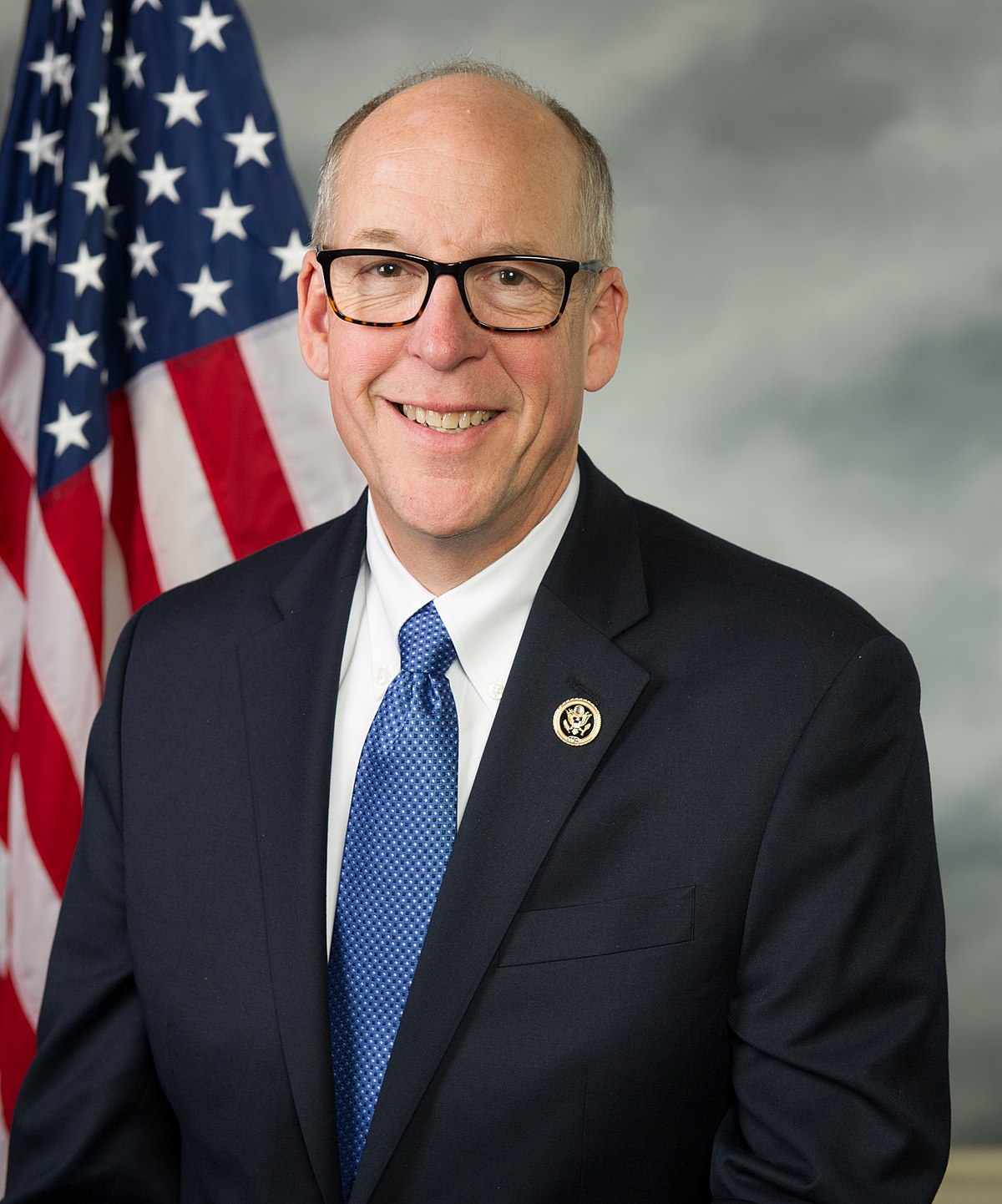
“We lost a bright and intelligent human being, a visionary, an entrepreneur. We lost a person that loved others.” I heard those words from a mother named Tonya, speaking about her son, Blake, at a roundtable in my Oregon district recently.
Blake’s story is one we have heard far too often – a life lost to the opioid crisis that has killed more Americans in one year than the entire Vietnam War. Another family left in its wake; another reminder that our work to combat this crisis is far from over, just one year after President Trump signed H.R.6, the SUPPORT Act into law.
The SUPPORT Act is already making significant impacts in the fight against the opioid crisis. Key provisions of the law are being implemented on the ground, just as new preliminary data show a decline in drug overdose deaths for the first time in nearly 30 years.
But, as we all said from the beginning, just as the SUPPORT Act was not our first effort in the fight against the opioid crisis, it surely will not be our last. We cannot allow the progress made against this crisis to turn into complacency.
We cannot allow the progress made against this crisis to turn into complacency.
That’s why, on the one-year anniversary of the SUPPORT Act becoming law in October, we highlighted 12 bills that Congress should consider right now in order to further our efforts to combat the epidemic of substance use disorder (SUD).
These bipartisan bills represent a commitment to continue the all-hands-on-deck approach in the next front of this fight to stem the tide of addiction and save lives in our communities. We should work to pass them into law this Congress:
H.R. 2062, the Overdose Prevention and Patient Safety Act, sponsored by Reps. Earl Blumenauer (D-OR) and Markwayne Mullin (R-OK). This legislation passed the House last Congress by an overwhelming bipartisan vote. It would ensure that we are effectively and safely treating patients suffering from SUD by giving providers appropriate access to needed patient records, without sacrificing patient privacy.
H.R. 4963, the Stop the Importation and Manufacturing of Synthetic Analogues (SIMSA) Act, sponsored by Reps. John Katko (R-NY), Kathleen Rice (D-NY), Luis Correa (D-CA), and Darren Soto (D-FL). This legislation will help combat illicit fentanyl without undermining important public health and research protections. Fentanyl was responsible for more than 32,000 overdose deaths in one year; it is a scourge that must be reined in. A version of this legislation passed the House last year by an overwhelming bipartisan vote.
H.R. 4806, the Debarment Enforcement of Bad Actor Registrants (DEBAR) Act, sponsored by Rep. Bob Latta (R-OH). This bill stems from our investigation into opioid distributors in West Virginia and would prevent bad actors who have violated the law from manufacturing, distributing, or dispensing opioids in our communities.
H.R. 4812 the Ensuring Compliance Against Opioid Diversion Act, sponsored by Rep. Morgan Griffith (R-VA), also stems from our investigations, and prevents bad actor distributors from skirting DEA oversight, by prohibiting the transfer of any DEA registration without written consent from the agency. This bill will help reduce the risk of drug diversion by preventing pharmacies from distributing opioids if they have not been vetted by the DEA.
H.R. 4810, the Opioid Prescription Verification Act, sponsored by Reps. Rodney Davis (R-IL), Jeff Van Drew (D-NJ), John Shimkus (R-IL), Bob Latta (R-OH), and Larry Bucshon (R-IN). This legislation aims to stop ‘pharmacy shopping’ of opioid prescriptions which are then illegally sold on the street.
H.R. 4814, the Suspicious Order Identification Act, sponsored by Reps. Doris Matsui (D-CA) and Bill Johnson (R-OH). This bill requires opioid distributors to report every sale, delivery, or disposal of any controlled substance to the DEA within 30 days and also establishes a Suspicious Order Monitoring Task Force, which will help design a program to facilitate real time data sharing to and from registrants.
H.R. 3878, the Block, Report, And Suspend Suspicious Shipments Act, sponsored by Reps. David McKinley (R-WV) and Debbie Dingell (D-MI). This bill requires opioid manufacturers and distributors to report and stop suspicious orders, to help prevent the opioid pill dumping we uncovered as part of our investigations last Congress.
H.R. 3927, the PDMPs Help Patients Act, sponsored by Reps. David McKinley (R-WV) and Lisa Blunt Rochester (D-DE). This bill will help people in need locate SUD and behavioral health treatment providers in their communities.
These bipartisan bills represent a commitment to continue the all-hands-on-deck approach in the next front of this fight to stem the tide of addiction and save lives in our communities.
H.R. 501, the Poison Center Network Enhancement Act, sponsored by Reps. Eliot Engel (D-NY), Susan Brooks (R-IN), Diana DeGette (D-CO), and Jamie Herrera Beutler (R-WA). This legislation enhances the ability of our national poison centers to combat the opioid crisis and passed the House by voice vote in February.
H.R. 4131, the Improving Access to Remote Behavioral Health Treatment Act, sponsored by Reps. Doris Matsui (D-CA), Susan Brooks (R-IN), Ann Kuster (D-NH), Tom O’Halleran (D-AZ), and Rob Wittman (R-VA). This legislation ensures that qualified providers can use telemedicine to treat patients with substance use disorders, which is critically important for rural communities like mine in Oregon.
H.R. 2281, the Easy MAT for Opioid Addiction Act, sponsored by Rep. Raul Ruiz (D-CA), enhances the ability of providers to care for SUD patients using medication assisted treatment by permitting practitioners to administer up to 3 days of medication to a person at one time for the purpose of relieving acute withdrawal symptoms.
H.R. 1303, the Examining Opioid Treatment Infrastructure Act, sponsored by Rep. Bill Foster (D-IL). This legislation requires a full evaluation and report on the inpatient and outpatient treatment capacity, availability, and needs in the United States.
This list should by no means be viewed as exhaustive, nor should it be viewed as a cure-all for the opioid crisis. Rather, these bills represent next steps Congress can take right now to continue the progress made with the SUPPORT Act.
We need to put mothers like Tonya, and the countless families and patients I’ve heard from in Oregon who have felt the pain of the opioid crisis first hand, at the center of our efforts to tackle this ever-evolving scourge. These bills will help us meet that challenge head on in the future, just as we have done in the past.
Greg Walden represents the 2nd District of Oregon in the U.S. House of Representatives. He serves as Ranking Member of the Committee on Energy and Commerce.




